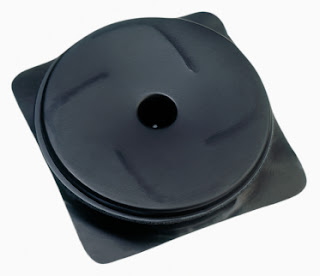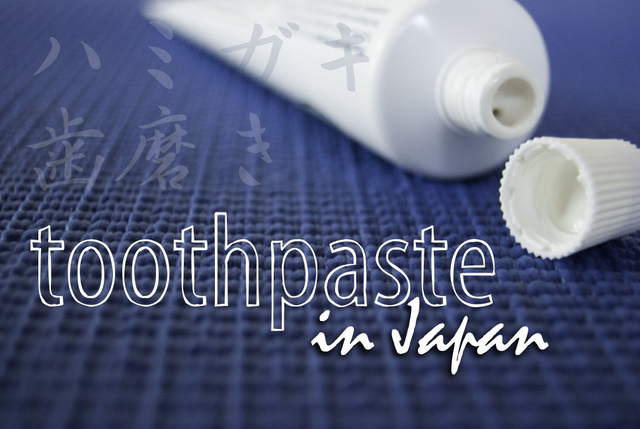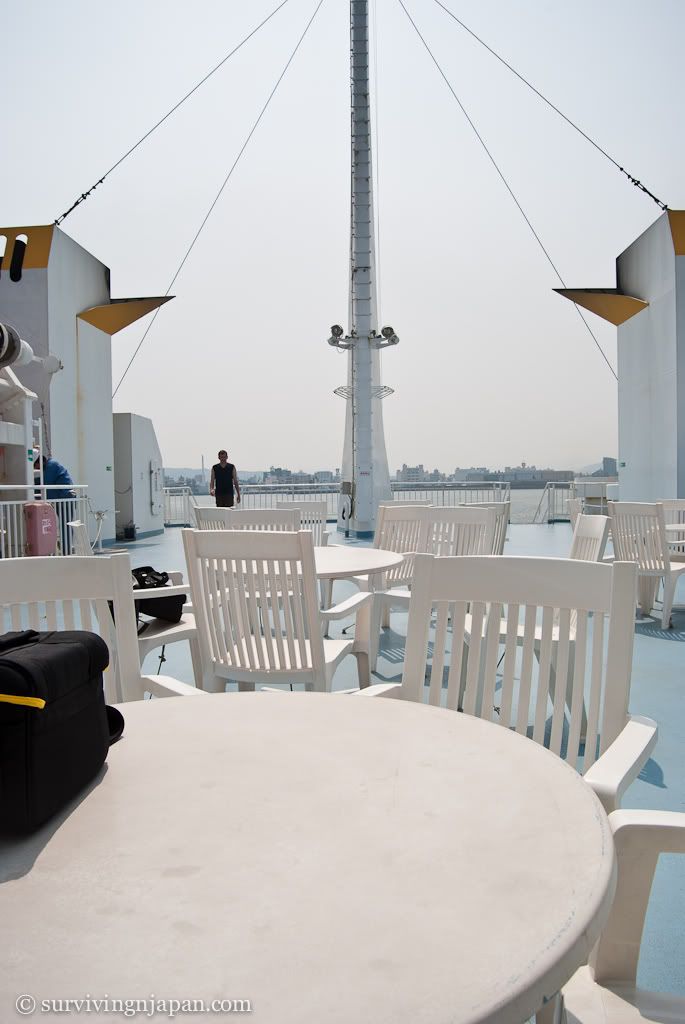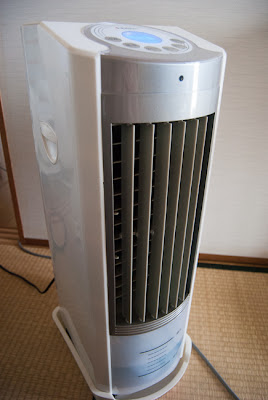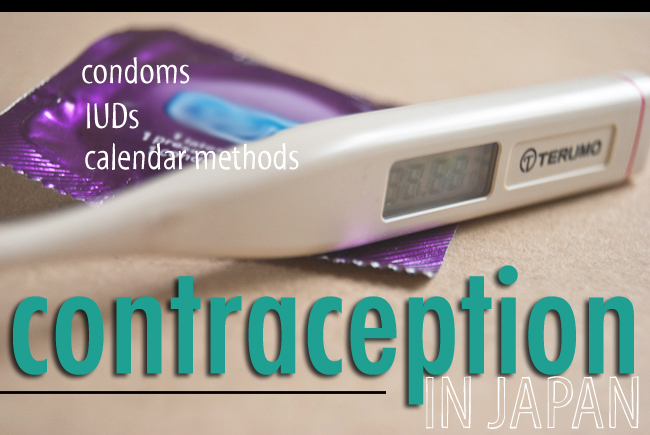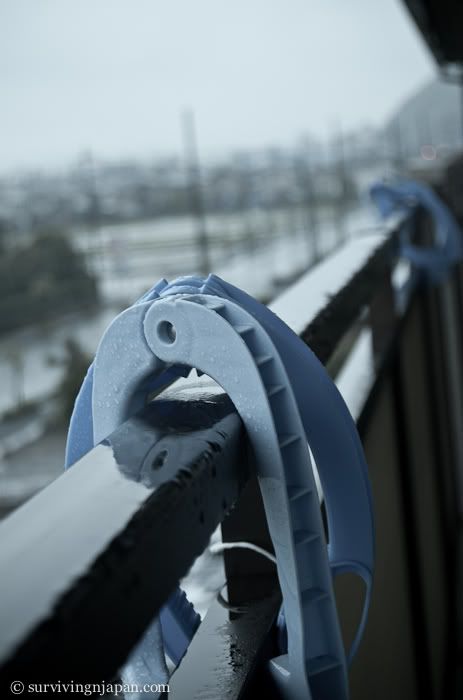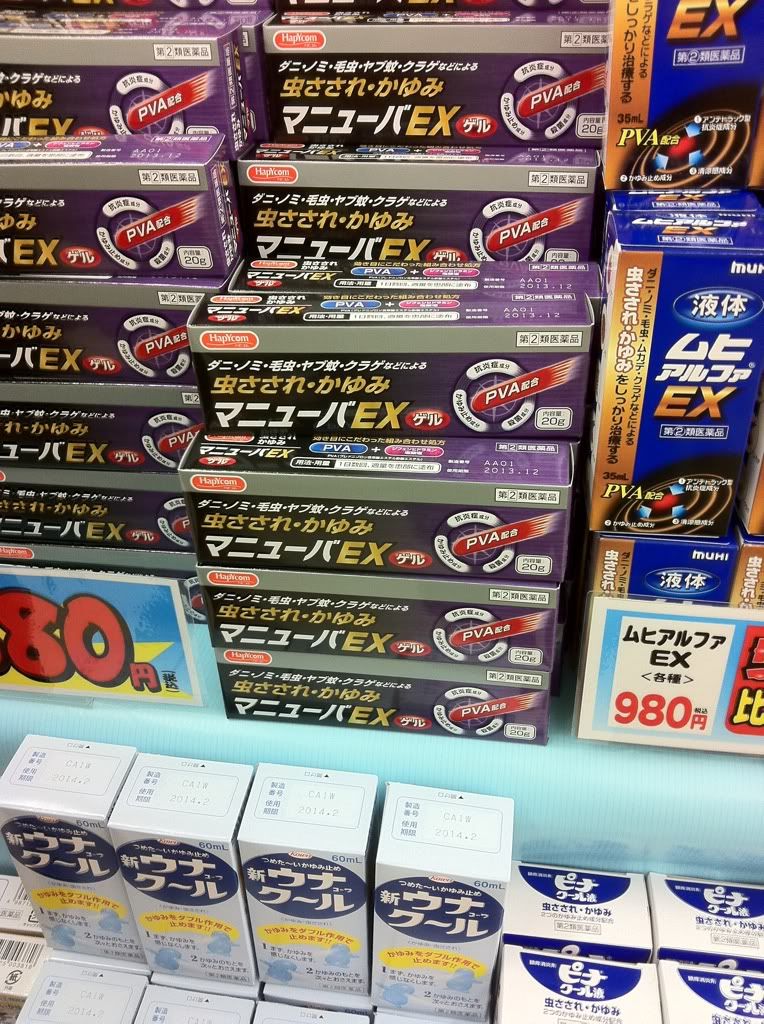
2011 has been a crazy year. A good one, a busy one, but also a year of tragedy, hope, and new life (literally, for my husband and I). I feel immeasurably blessed, and writing Surviving in Japan has brought about so many great opportunities and allowed me to connect with people I wouldn't have otherwise connected with. I'm a rather shy, introverted person in general, even if it doesn't seem that way, so the many connections I've made with you this year (and last year) mean a lot to me. I'm humbled.
Your comments, emails, messages, tweets, and notes all encourage me to keep going when I have down days or doubts, or when I feel discouraged. I can admit that, right? I truly enjoy being able to help people out in some way, and it's amazing how willing people are to help in return. I've learned more and more that this blog isn't just a blog I write, and not even a comprehensive resource for living in Japan (though I'm sure you'd agree it is that too), but this has become more about community. The expat community in Japan of course, but also Japanese and foreigners alike.
I hope to continue this sense of community in the coming year, and hopefully integrate it further.
Surviving in Japan has also grown a lot between 2010 and 2011; some stats from this year:
75,475 Unique Visitors (out of 118,223 visits)
294,177 Pageviews
63.10% New Visits
4,185 Twitter Followers
900+ Facebook Fans
Not that numbers say everything, but these are all HUGE jumps from last year and I'm still amazed. Thanks everyone. :)
To the guest bloggers on SiJ...
















